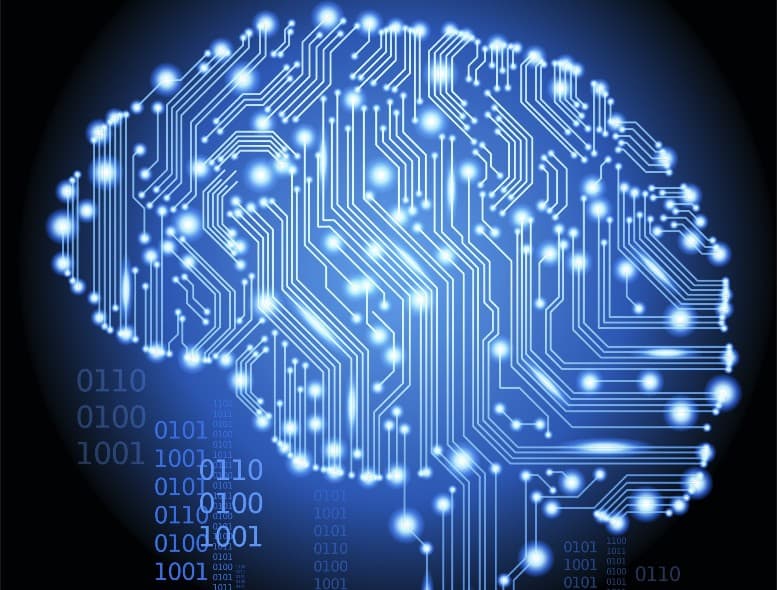Supercomputer Achieves ~1% Of The Raw Processing Power Of Human Brain

Researchers from Riken HPCI Programme for Computational Life Sciences at the Okinawa Institute of Technology Graduate University in Japan and Germany's Jülich Institute of Neuroscience and Medicine came together to create an artificial brain using the K Supercomputer. They found that even with the top supercomputer on the job, they could achieve only 1% of the raw processing power of the brain required for actions, thoughts, imaginations, senses and several other functions.
Our brain uses billions of specialized nerve cells. These nerve cells are called neurons. Consider neuron as a biological switch. It receives the signals from various body parts and depending on the strength of the signal, it passes it on to the other neurons. This sort of a network of neurons can be simulated using electronic components and a powerful supercomputer like 'K Supercomputer'. The only issue with the biological switches in human brain? They take milliseconds to operate (recovery after stimulus takes time), while those formed using computer can operate several times faster. That's the reason you can't beat the supercomputer in calculating 877+432 (for example).
Japanese engineers are already developing a supercomputer that will be 100x faster than the K Supercomputer by 2020. With the new supercomputer, we're sure that the study can go even further in simulating human brain.
Source: <a href="https://theconversation.com/japanese-supercomputer-takes-big-byte-out-of-the-brain-16693" target="_blank" rel="noopener noreferrer">Japanese supercomputer takes big byte out of the brain</a>
